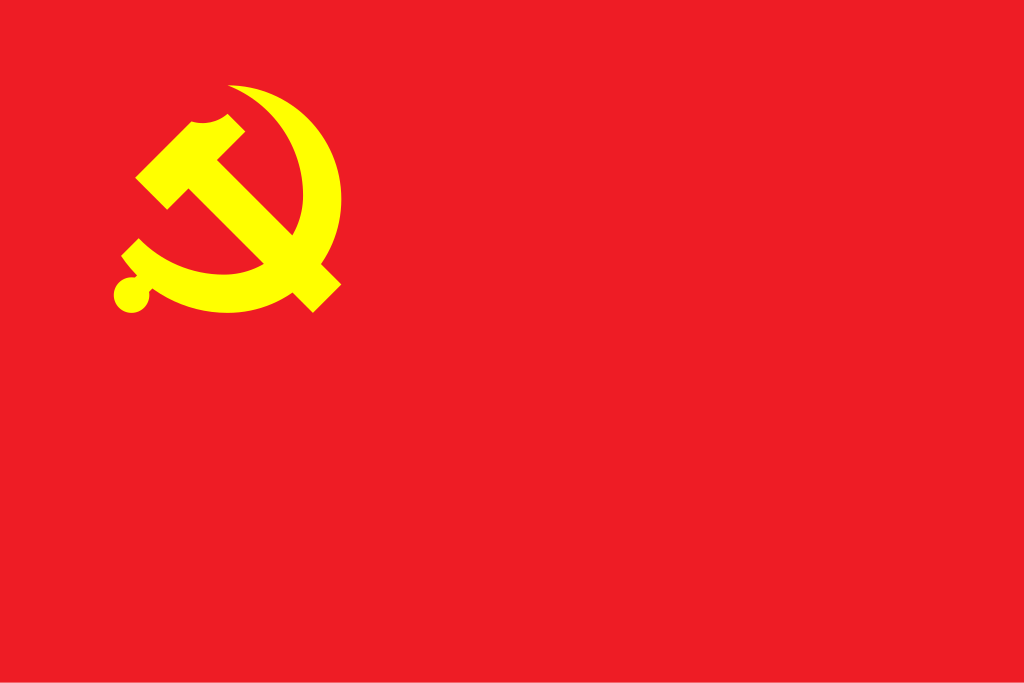"It is important to mould the image of our country," wrote Xi Jinping in his best-seller, ' '. "We should create the image of a great civilised country with a long history; of a united multiethnic state, in which different cultures live side by side in harmony; of a great Asian power with an upright and honest policy, a relatively developed economy, a thriving culture, a stable society, a people living in harmony, and beautiful landscapes; of a great responsible country that defends international justice and fairness and gives its contribution to the development of humanity; and of a great socialist country full of charm, hopes and vitality, which continues to open itself up to the world."
Papa Xi (习大大), as he is now called by the subservient state media that glorify him like no other Communist leader after Mao Zedong, describes this strategy as "raising China's cultural soft power". Upon taking over from his predecessors in 2013, Xi Jinping tried to put this strategy into practice in various ways. One of them was a video released by the PRC authorities that aimed at both foreigners and Chinese, a video that presents exactly the image of China Xi Jinping has in mind: a harmonious, vital and youthful country that completely identifies itself with the Chinese Communist Party, a country where Communism, old Chinese culture, and economic development are perfectly blended and form a coherent and well balanced whole.
The video is titled "The Communist Party Stands Beside You" (中国共产党与你一起在路上, literally: "The Chinese Communist Party Stands By You Along the Way"). This is the somewhat naive text of the video, composed in the style of ostentatious, state-sanctioned optimism:
The video is titled "The Communist Party Stands Beside You" (中国共产党与你一起在路上, literally: "The Chinese Communist Party Stands By You Along the Way"). This is the somewhat naive text of the video, composed in the style of ostentatious, state-sanctioned optimism:
这是一个古老的
This is an ancient
而又朝气蓬勃的国家
and youthful country
这是一个快速成长
It is growing fast
但发展不平衡的国家
yet with development disparities
这是一个充满机遇
It’s full of opportunities
却又面临无数挑战的国家
along with untold challenges
这是一个有13亿人口
But its 1.3 billion people
每个人都有不同梦想的国家
all have their own dreams
我想明年有个好收成
I want a good harvest next year
我想开个小饭馆
I want to start a diner
我想养老金能不能再多一点
I want some more pensions
我想娶个漂亮媳妇
I want a pretty wife
我想天更蓝水更清
I want azurer sky and cleaner water
我想要大家都不打仗
I want a world free of wars
人民对美好生活的梦想
Our people’s dreams
就是我们的奋斗目标
are our goals
8000万中国共产党党员
The 80 million CPC members
与13亿中国人民一起
together with the entire population
为了每一个人的梦想
are working for everyone’s dream
为了给每一个梦想搭建一座舞台
For every dreamer to have a stage
This text is interesting for several reasons. First of all, it does mention the challenges that China faces, but it portrays them only as temporary difficulties on the correct path pursued by the country (in this respect it reflects traditional Communist narratives); by mentioning the existing problems, the Party aims at sounding realistic about the hardships of the people, yet at the same time minimises them by stating that the Party and the whole nation are working to overcome them.
Second, the people's 'dreams' are simple, material needs: a meal, a pretty wife, clean air and water. 'Every dreamer' is not the free-thinking individual, but the little citizen and the worker who wants to fill his stomach, marry a good-looking wife, and have more money.
Third, there is an interesting duality between the 80 million members of the Communist Party and the rest of the population. This duality derives from early Communist doctrines that see the party as the avant-garde of society, its most progressive element.
What Xi Jinping seems not to understand is that his new government style will soon backfire. Instead of improving China's image in the world, these naive and unnatural idealisations will - in the long run - damage it.

Comments
Post a comment